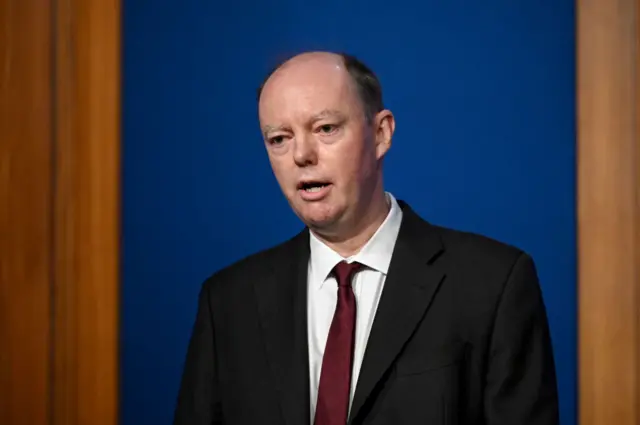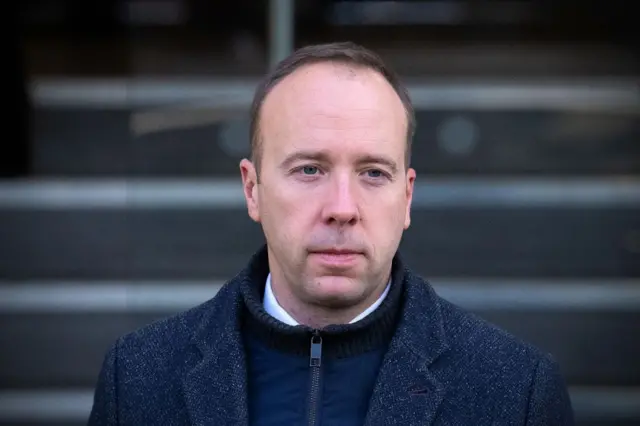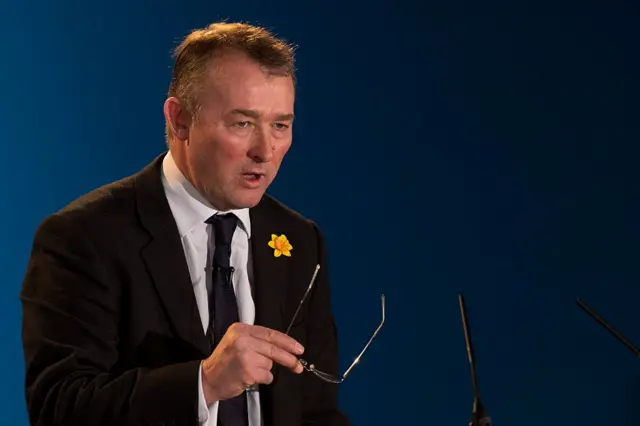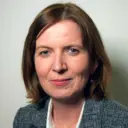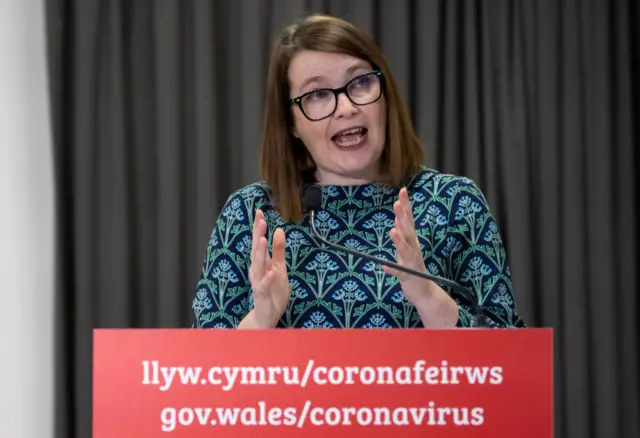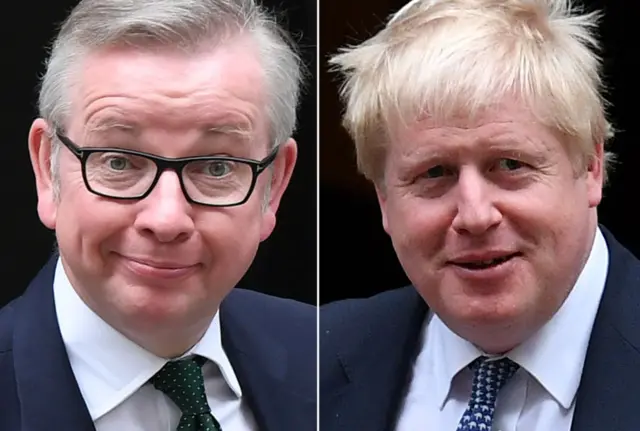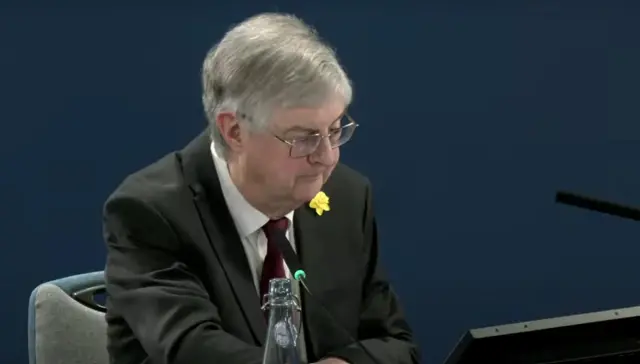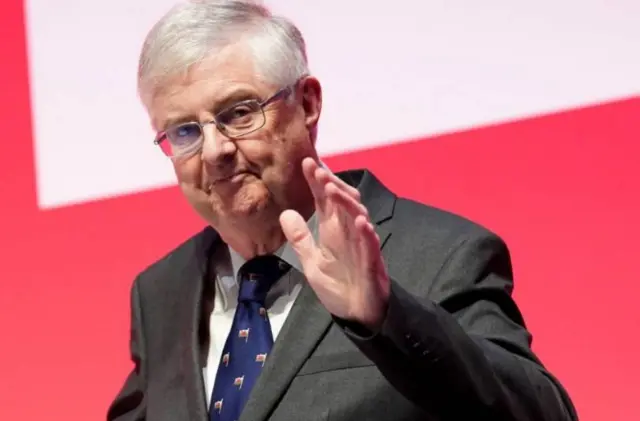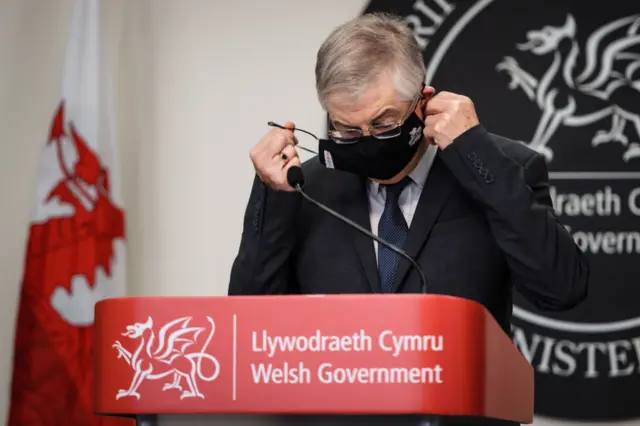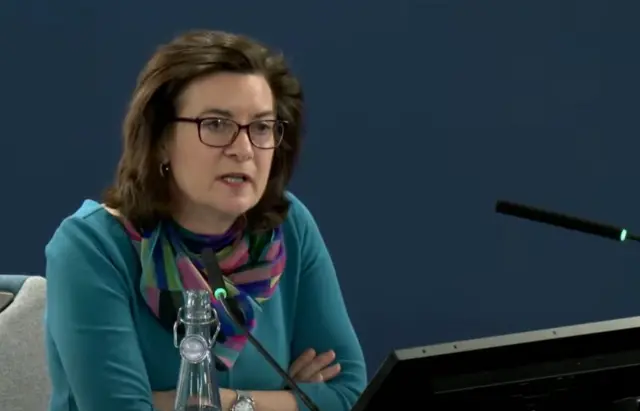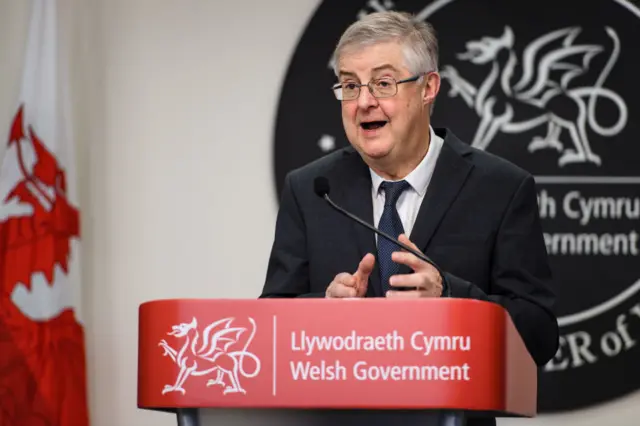
'Spiky and colourful' start from Drakefordpublished at 11:29 GMT 13 March 2024
Gareth Lewis
BBC Wales Political Editor
Drakeford's evidence has been spiky with some colourful descriptions of his UK counterparts.
If you were in any doubt about the difficulties in the relationship between Welsh and UK governments, the first hour of evidence will have left you in no doubt.
We've heard a Drakeford accusation that Boris Johnson put politics before practicalities, concerns about a lack of regular top-level meetings, and UK minister Michael Gove described as a "centre-forward" without any support from his team mates - or manager Johnson.
And ouch... after Simon Hart claimed that Welsh government was different for the sake of it, not only a rebuttal from Drakeford but a dismissal that Hart was "peripheral".
There was also an extraordinary revelation from Drakeford that the then English health secretary Matt Hancock didn't know that public health law was devolved to Wales.
Drakeford's conclusion: he's seen no evidence that decisions then or in the future on a pandemic would be better made in Whitehall that in Wales.
